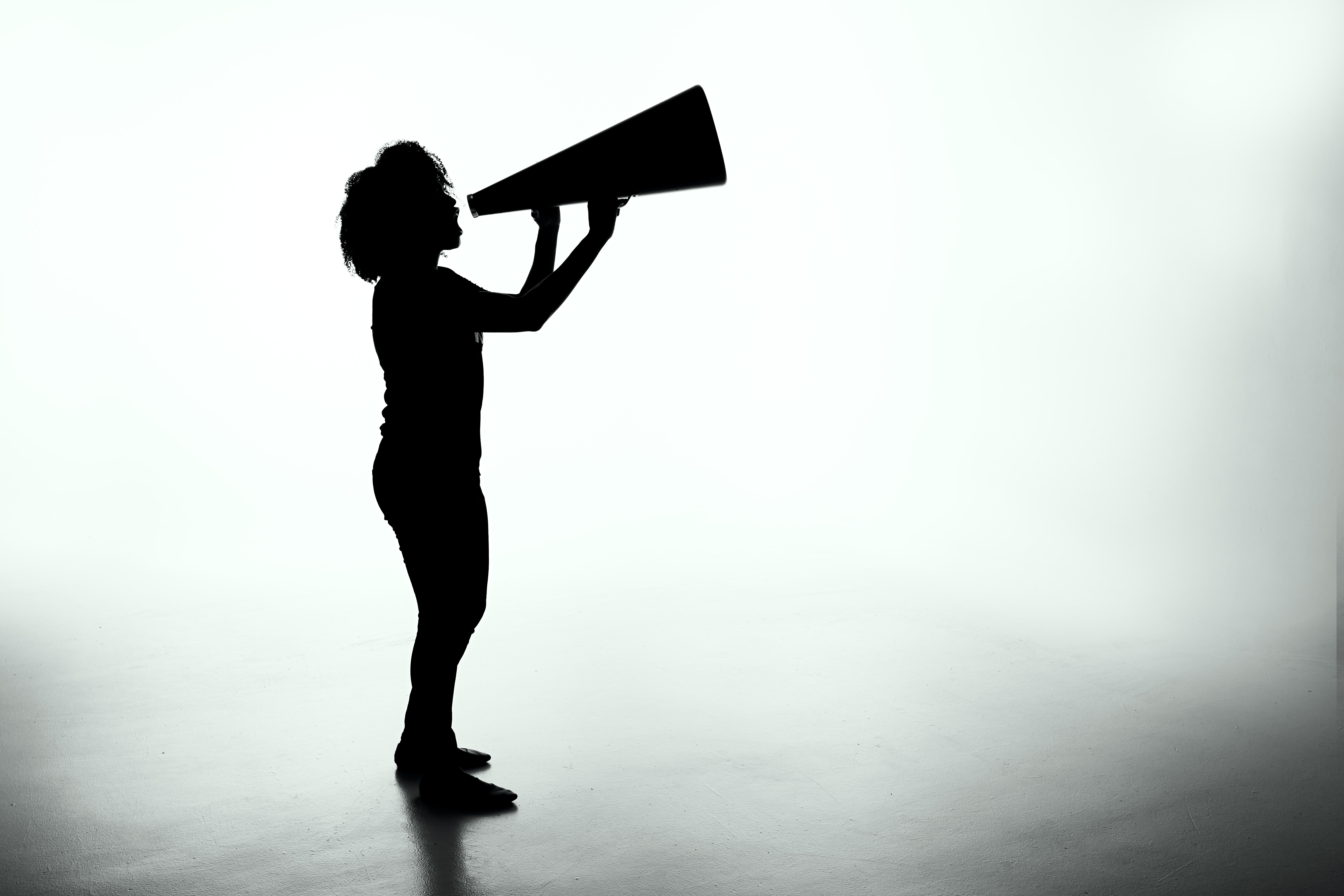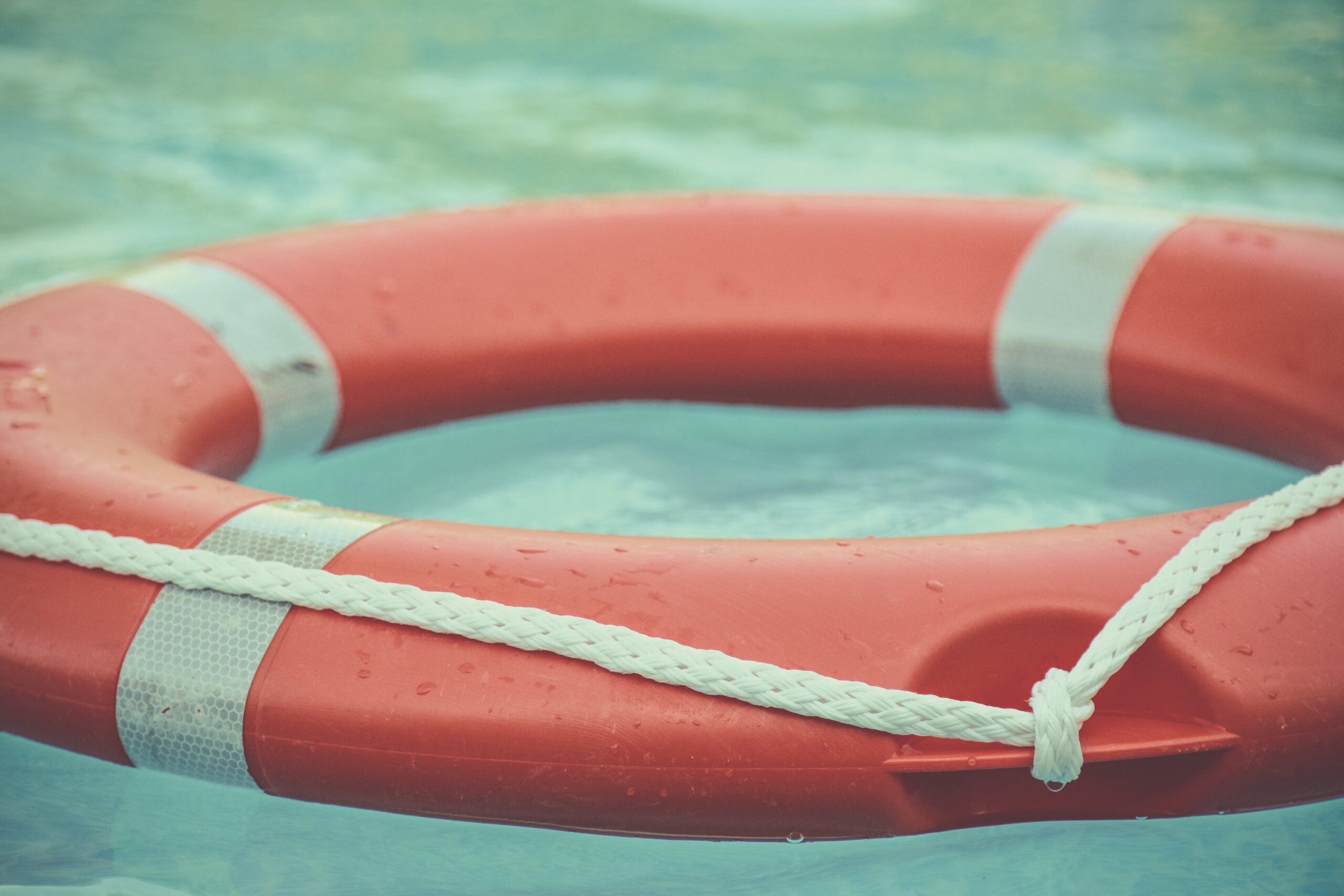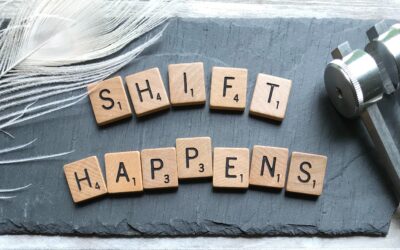By Hannah Guy, LCSW
I know what you’re thinking… my eating disorder(ED) hasn’t helped me at all. Actually, it’s ruined my life. What a ridiculous question! To be fair, your eating disorder definitely hasn’t made life any easier. However, your eating disorder didn’t come out nowhere. I’m assuming, most likely, you didn’t wake up one day and choose to have an ED.
For many people, ED’s are extremely good at slowly creeping up on you. It starts with maybe just a diet to lose some weight. You then start cutting out certain food groups and start working out more. You start to feel shame when you eat “bad” foods. You feel guilty when you can’t workout because you have to pick up your kids from soccer practice.
This snowballs and all you can really think about is losing weight, food, and exercising. When you gain even a pound it feels like you are the biggest failure. You keep cutting out food and adding in exercise. All of a sudden you lift your head up and realize you’re not just on a diet, you have most likely developed an eating disorder.
*This pattern of developing an ED may not be resonant of eating disorders such as ARFID, binge eating disorder, bulimia etc.
What purpose does your ED serve?
This is one of the biggest things you will need to sift through to start healing. You see, your ED is about food, but not really about food. Food is just the symptom of a deeper issue. For many, eating disorders can be a way to feel in control when everything is out of control. For others, it is a way to dissociate or cope with stress. By starting to accept that your ED actually has a “function” you may see how, in a really weird way, your ED is trying to help you manage life.
ED’s are a nice way to dissociate
ED are primarily dissociative. What is dissociation? It is a way to disconnect from emotions, thoughts, feelings, and sensations. It’s a way to mentally escape whatever is happening. So when we say ED’s are dissociative, we mean ED’s are a way to disconnect from the emotions, stress, and problems of life. When you are worrying only about food you don’t have the space to feel the pain of how your marriage is falling apart or how you’re struggling to make meaningful relationships in college.

Your eating disorder is just trying to protect you
Your ED is a part of you that you probably don’t like. There is most likely a multitude of conflicting and distressing emotions you have towards it. It feels like it’s ruining your life. In fact, you would do anything to just get rid of it. Hopefully you may now be able to see your ED is a coping skill you developed to handle some really tough stuff. This part (your ED) of you has good intentions, it doesn’t want you to hurt or be in pain. It just thinks the only way to go about protecting you from hardship is through food and your relationship with your body. Your ED may understand how it’s helping you actuallys hurts, but it fears the pain and hurt that would come if it would be worse. That you wouldn’t be able to handle it.
Making Peace with your ED
Your ED is not the enemy. It’s just a way you’ve learned to cope with life! The more time you spend fighting your ED, the more your ED is going to come back and bite you in the butt. When you start to have compassion and empathy towards your ED, it will slowly start backing off. When you start to become curious about your ED instead of judgemental, it gives you the opportunity to better understand the why.

Getting Help
You aren’t supposed to heal from your ED alone. Having a support system to help you heal is critical to recovering from your ED. However, for most people, they need more than just friends and family to truly recover. Seeking support from a therapist is a fantastic first step. Working with a mental health professional that specializes in eating disorders can be a game changer in your ED recovery.
About the author: Hannah is a Licensed Clinical Social Worker who works as a therapist through her practice, Revive Therapy Services. She is passionate about working with people who are wanting to heal from past traumas as well as individuals struggling with their relationship with food and their bodies. Hannah specializes in Eating Disorders, Binge Eating, Disordered Eating, Body Image Issues, PTSD, and Complex Trauma. She practices through a Health at Every Size (HAES) and Intuitive Eating (IE) lens. Hannah is also trained in EMDR which she uses to help her clients work through trauma. Want to know more about Hannah and her services? Learn more about her through her website: revivetherapyservices.com




0 Comments